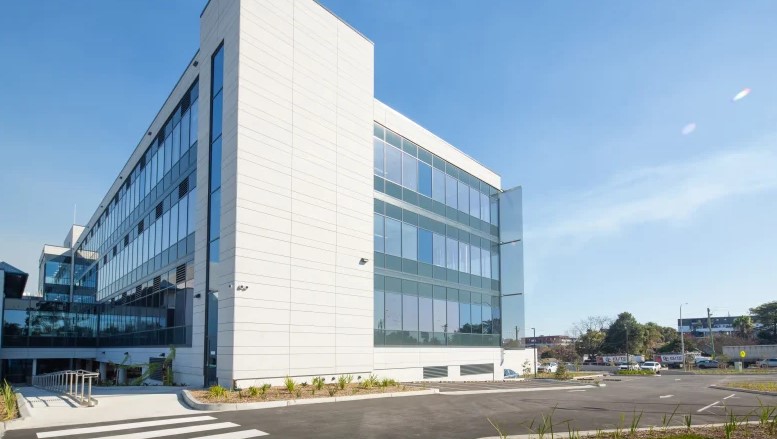20
Mar 2024
HealthCo reports that private hospital values have surged by over 15% in a span of nine months.
Published in News on March 20, 2024

Despite the broader decline in commercial property values, private hospitals have experienced a remarkable increase of over 15% between March and December. This information comes from ASX-listed HealthCo Healthcare & Wellness REIT, the largest owner of healthcare property in the country. The REIT recorded a net valuation gain of approximately $200 million in a portfolio comprising 11 Healthscope-operated properties. These properties were acquired last year by the REIT's manager, David Di Pilla's HMC Capital, for $1.2 billion from a New York-listed property trust.
During the six months leading up to December, the Nepean Private Hospital, operated by Healthscope, recorded a substantial $57 million valuation gain. This increase, coupled with $100 million allocated for upgrading and expanding certain assets, propelled the Healthscope portfolio to $1.5 billion as of December 30.
HCW, known by its ticker symbol, disclosed these valuation gains while reporting a 29% surge in funds from operations (FFO), the primary earnings metric for REITs, over the same period. FFO amounted to $22.6 million, or 4 cents per share, aligning with guidance. Additionally, the interim distribution of 4 cents per unit marked a 7% year-on-year increase.
The trust reaffirmed its full-year earnings and distribution guidance of 8 cents per unit. Notably, this marks the first time the fund's payout will be entirely covered by earnings.
Sid Sharma, Chief Operating Officer of HMC Capital, highlighted three key factors contributing to the outperformance of private hospitals compared to other mainstream commercial property asset classes. He cited compelling underlying demographics, including an aging population and increased uptake of private health coverage, the favorable structure of leases and high-quality tenants, and the scarcity of high-quality hospital properties available for sale in the country.
Demonstrating strong interest in healthcare real estate, HMC Capital boosted total equity commitments for its unlisted healthcare fund to $650 million during the half-year period, securing a fourth global institutional investor in December. Meanwhile, HCW has pledged $322 million.
The unlisted healthcare fund (UHF) currently encompasses seven out of the 11 Healthscope hospitals, with HCW holding a 49.6% stake in UHF, valued at $582.3 million.
The remaining four Healthscope hospitals are retained on the HCW balance sheet, along with investments in childcare centers and other specialized medical facilities, including seven GenesisCare cancer treatment clinics.
Healthscope stands as HCW's largest tenant, contributing 49% of its rental income, while Healthscope-operated hospitals represent $900 million of its asset portfolio.
Attractive returns
HCW aims to capitalize on the optimistic outlook for the sector through a development program exceeding $1 billion. This initiative involves both expanding existing hospital assets and developing new ones, such as The George Private Hospital in Camden, Western Sydney. Additionally, $200 million worth of projects are underway, including upgrades at Knox Private Hospital in Melbourne. Further, $200 million in near-term projects and $600 million in longer-term opportunities are under evaluation.
These developments yield attractive returns of up to 7.5%, surpassing HCW's portfolio capitalization rate of 5.16%, which saw a 13 basis point expansion over the half-year period. Although gains were robust across the Healthscope portfolio, some of the trust's assets experienced declines. Several childcare centers and certain specialist medical facilities recorded minor writedowns as capitalization rates increased.
In total, HCW reported a $38 million (or 2.5%) net valuation gain, primarily driven by its share in the $57 million gain at Nepean Private Hospital in Sydney. This contrasts with asset writedowns seen by other REITs like diversified Mirvac and mall owner Region Group. Including asset sales, which form part of a $200 million divestment plan to reduce gearing, values rose by just $3 million over the half-year to reach $1.637 billion.
HCW units experienced a slight decline of 1 cent, or 0.7%, to $1.34 on Tuesday. Alongside its half-year update, HCW announced that Mr. Sharma would assume oversight of HMC Capital's real estate activities, including those of HCW, while Christian Soberg, previously HCW's Chief Financial Officer, will now serve as HCW's Senior Portfolio Manager.









